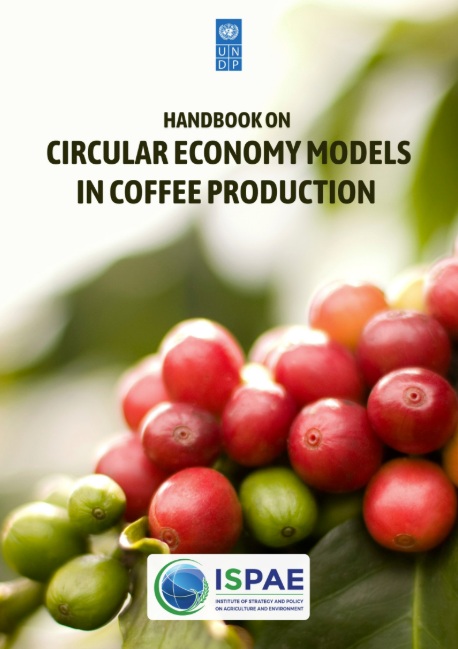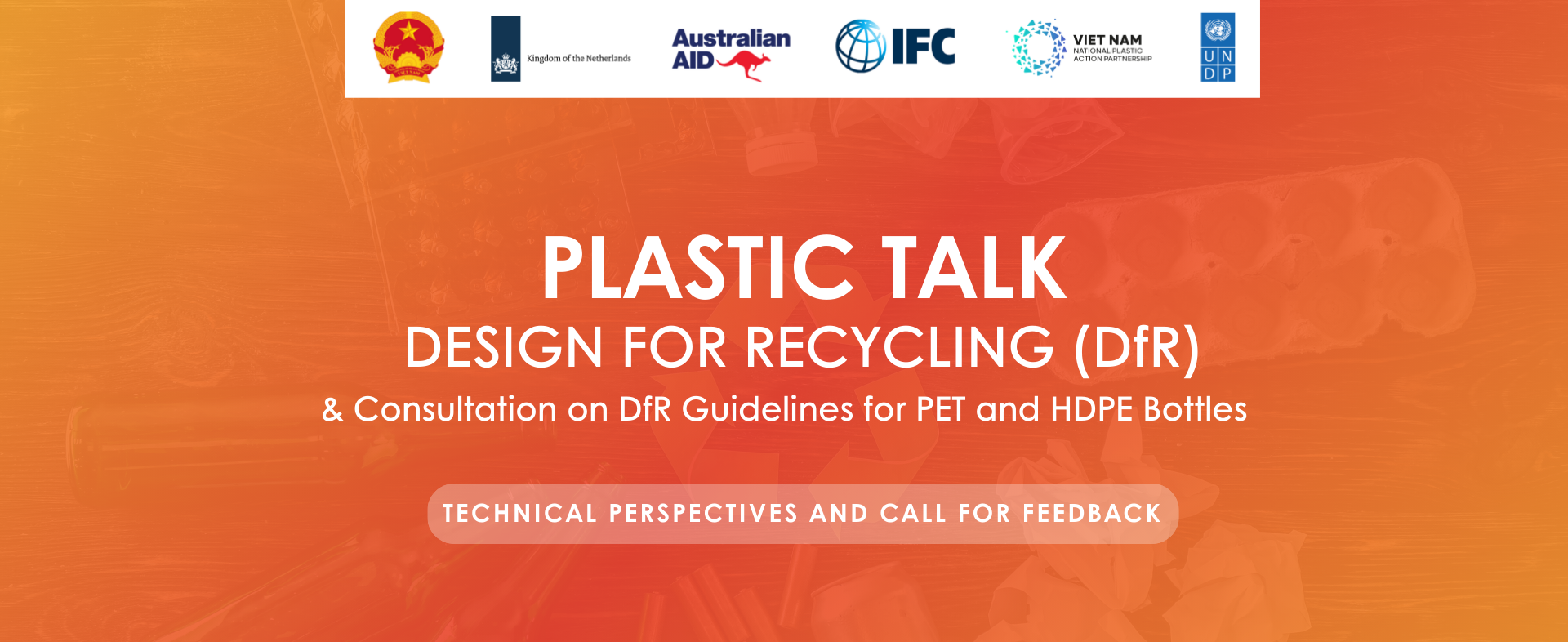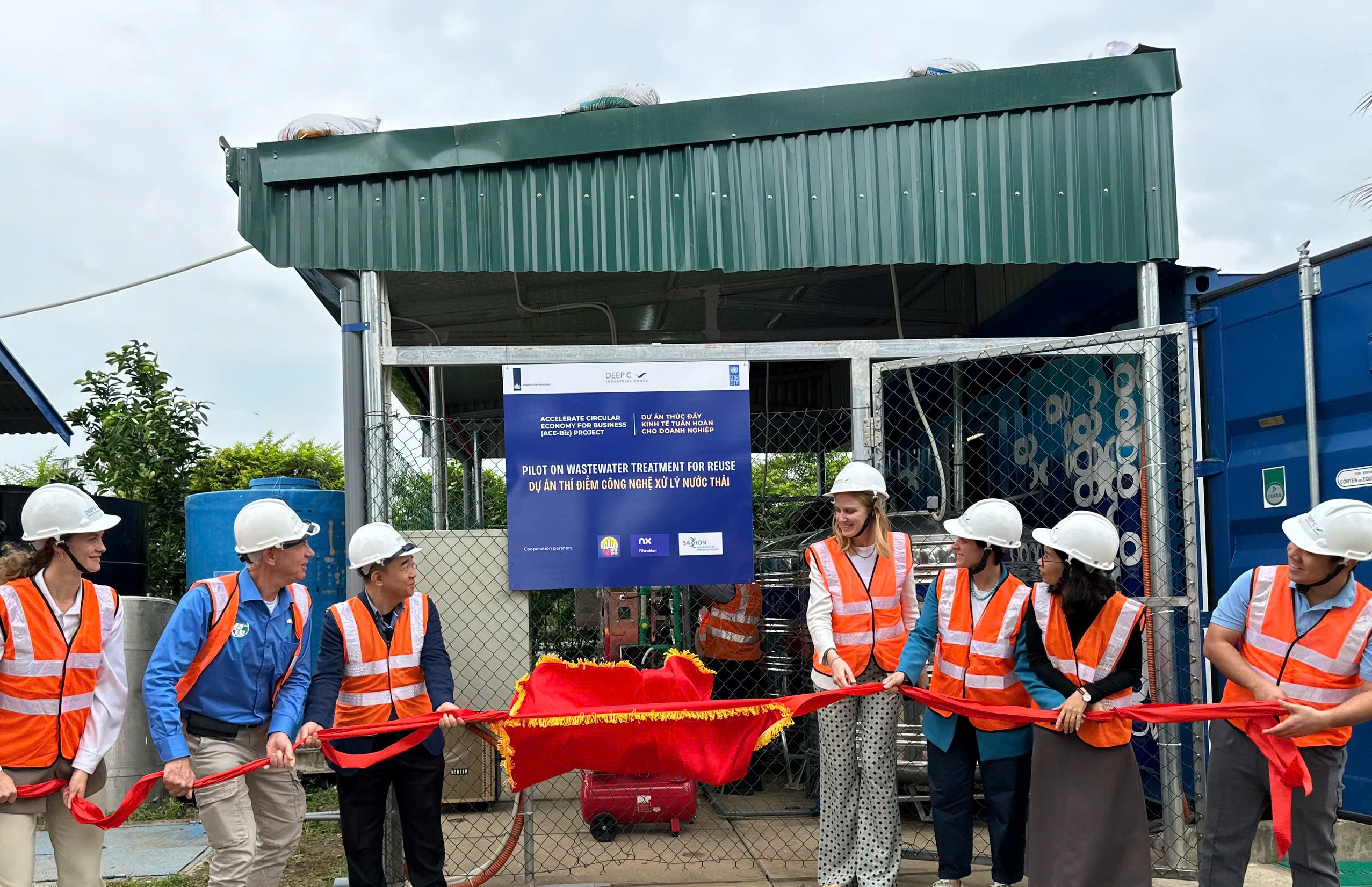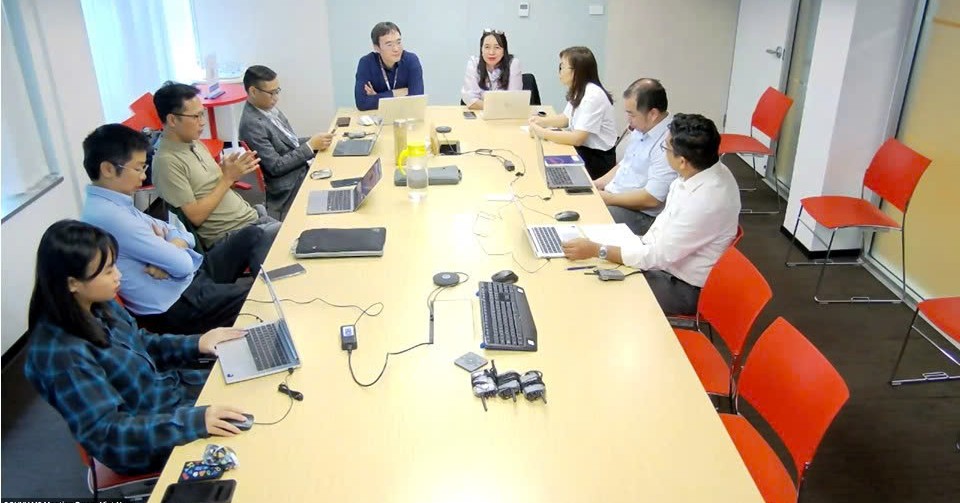
Click here to access the Handbook.
Recognizing the urgent need for a sustainable transition, the United Nations Development Programme (UNDP) in Viet Nam and the Centre for Information and Services in Agriculture and Environment (AGREINFOS), under the Institute of Strategy and Policy for Agriculture and Environment (IPSAE) of the Ministry of Agriculture and Environment (MAE), have collaborated to launch the Handbook on Good Circular Economy Practices in Coffee Production.
The coffee sector plays a vital role in Viet Nam’s socio-economic development, directly employing over 600,000 farmers and supporting more than 2.6 million related jobs. In 2024, the total plantation area for coffee in Viet Nam was 718,000 hectares, producing more than 1.95 million tons annually (MAE, 2025).
However, current coffee production is a highly resource- and emission-intensive sector, contributing significantly to the agriculture sector’s Greenhouse Gas (GHG) emissions. Recent assessments identify three major emission hotspots in Viet Nam’s green coffee production: nitrogen fertilizer use on soils (driving nitrous oxide gas); industrial fertilizer production; and fossil fuel energy use in cultivation, processing, and transport.
This Handbook introduces circular models and actionable recommendations aimed at helping the coffee sector simultaneously reduce emissions, recycle waste, improve soil health, and enhance climate resilience. These models have been validated through expert interviews and field visits, with each model presenting proven economic and environmental benefits.
The adoption of these circular models and practices will not only reduce the carbon footprint and pollution but also directly support the implementation of Viet Nam’s climate commitments. Circular practices directly support Viet Nam’s Nationally Determined Contribution (NDC) target of a 15.8% unconditional and 43.5% conditional emission reduction by 2030. Furthermore, the application of these models aligns with the objectives of the Prime Minister’s Decision 540/QD-TTg on promoting a circular economy in agriculture, and is compatible with the requirements of the European Union (EU) Deforestation Regulation (EUDR).
The Handbook is supported by the Building Circularity into Nationally Determined Contributions (NDCs) – A Practical Toolbox (CE-NDC Toolbox), co-developed by UNDP, UNEP’s One Planet Network, and the UNFCCC secretariat. Viet Nam is one of seven countries globally currently implementing this Toolbox.
You can read the full details of the Handbook here.
















